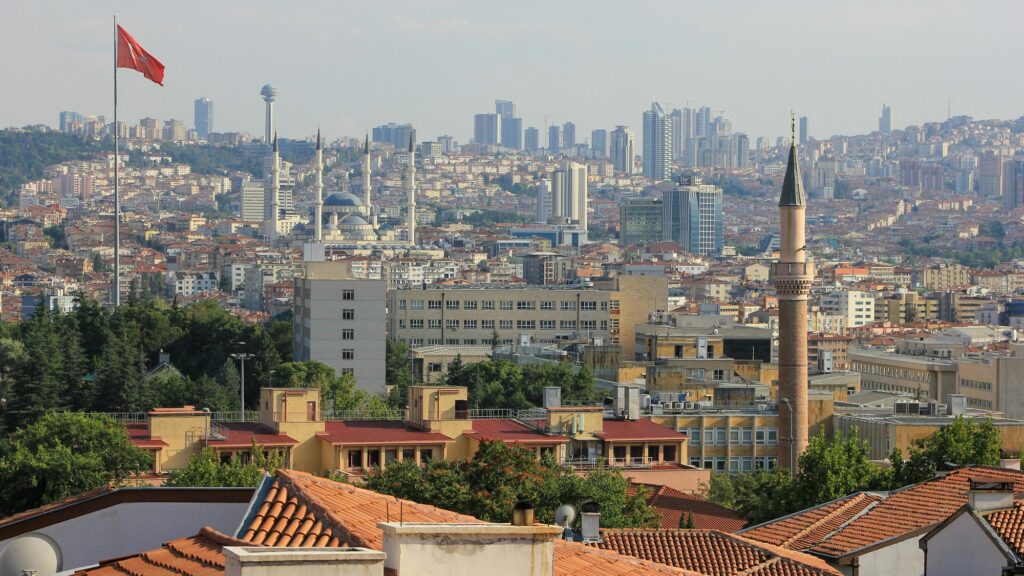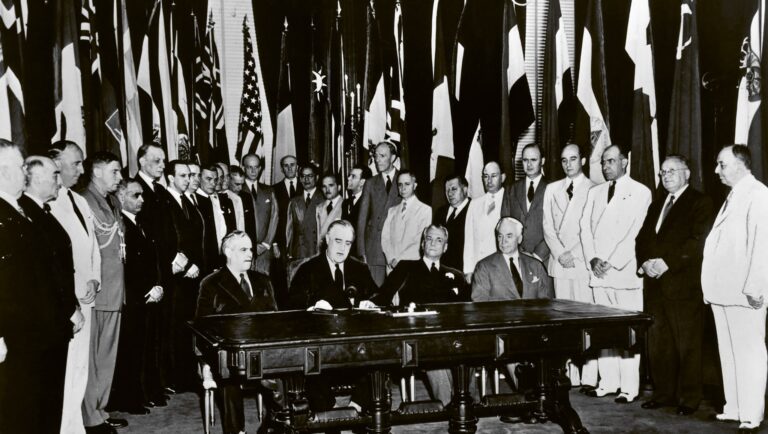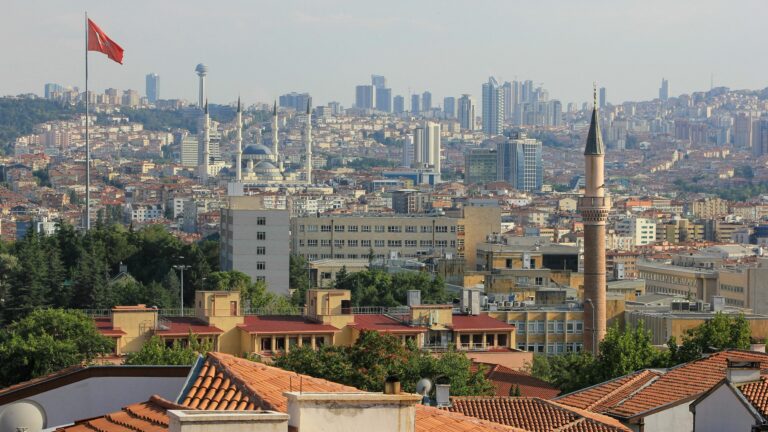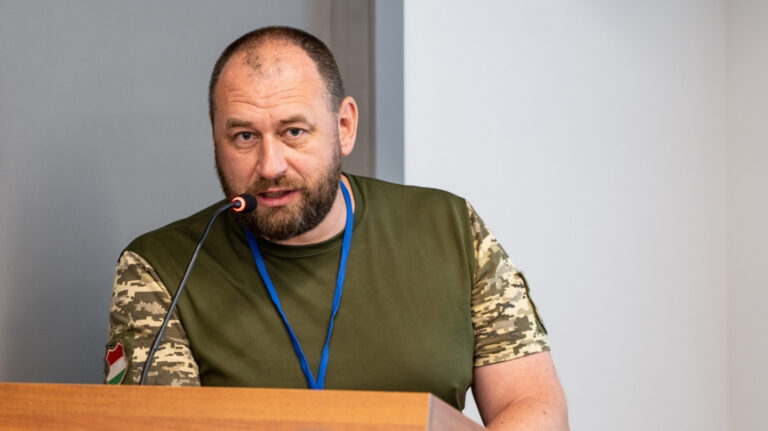Brussels cannot digest the fact that Hungarians have made their own decision about their future and that Budapest has a successful right-wing, Christian democratic government, Minister of Foreign Affairs and Trade Péter Szijjártó said on public Kossuth radio on Sunday, evaluating the visit of the European Parliament’s Budgetary Control Committee to Budapest.
Szijjártó opined that a delegation suffering from ‘Hungarophobia’ visited Budapest,
consisting of people who cannot stand Hungary and do not believe that Hungarians are capable of making mature, adult decisions about the future of their country. Furthermore, the members of the delegation wanted to interfere in matters that are part of Hungary’s sovereignty. Regarding the frozen European Union funds allocated to Hungary, the minister stated that he believes that negotiations with his ministerial counterparts will be successful, but they face challenges given that ‘the international, liberal, mainstream Brussels cannot digest the fact that Hungarians have made their own decision about their future and that in Budapest, there is a right-wing, national, patriotic, Christian democratic government based on the will of the people, which is successful despite external pressure.’
It must be made clear that the future of Hungary can only be decided by Hungarians
and not Brussels, the minister declared. Szijjártó was also asked about the news that Ursula von der Leyen, the President of the European Commission, allegedly suggested stopping the Druzhba (Friendship) oil pipeline. The minister said they have received no explanation from Kyiv regarding the rumours, but in his opinion, this is a matter of such significance that the President of the European Commission should personally comment on it. The issue of energy supply security is a matter of national sovereignty, and if someone tries to undermine the energy security of a country, it can be considered an attack against the sovereignty of that country. Clear international agreements determine how oil should be transported through Ukraine, and if this becomes impossible, it will impede Hungary’s oil supply, as the capacity of the pipeline from Croatia is much lower than the combined oil demand of Hungary, Slovakia, and the Czech Republic, the minister pointed out.
Szijjártó also mentioned that Croatia, taking advantage of the wartime situation,
‘unscrupulously’ raised the transit fee to several times the European market level,
and Ukraine did the same. Hungarians have already paid a very high price for a war that is not their war, and they have nothing to do with its outbreak, so it would be a legitimate expectation that they should not be made to pay an even higher price for this war in the future, the minister nailed down.
Péter Szijjártó stated that Hungary will only support Ukraine’s accession to the European Union if it sees that the guarantees ensuring the rights of the Hungarian national community are upheld. He reiterated that the Hungarian community in Transcarpathia must regain its previous rights that have been taken away. In the interview, the minister described it as
unacceptable and scandalous that Ukraine put OTP Bank on the list of international war sponsors
and stated that OTP Bank complies with all regulations in its operations. There will likely be a huge debate in Brussels during the Council of Foreign Affairs on Monday, and immense pressure will be exerted on Hungary to not make the removal of OTP Bank from the list a condition during the negotiations on the next sanctions package and the increase of the budget of the European peace framework, Péter Szijjártó added.








